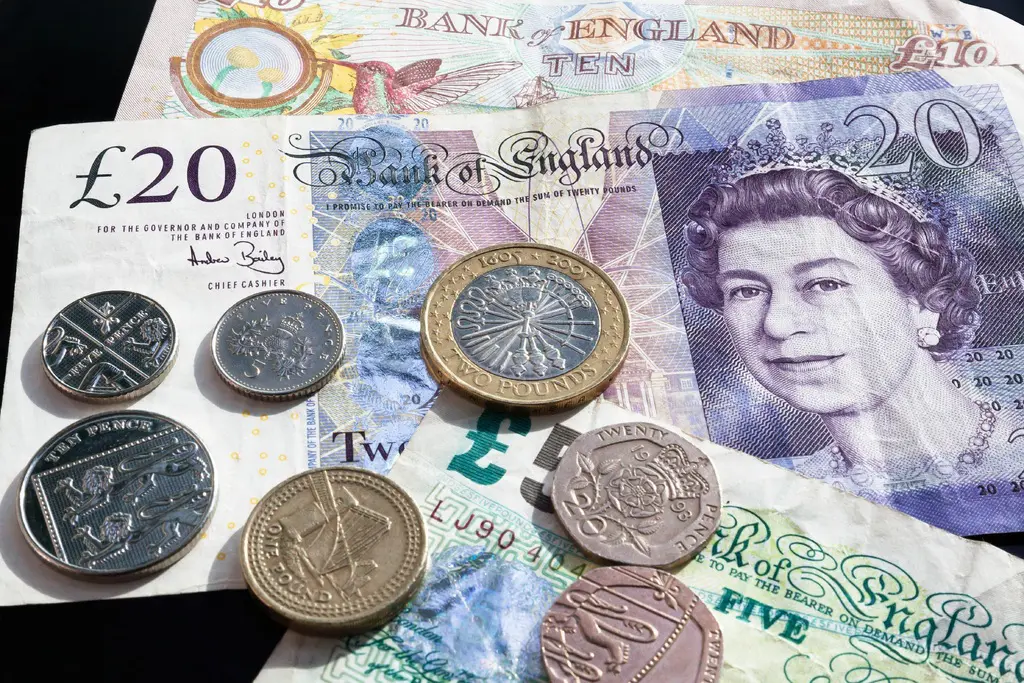
The Bank of England’s Monetary Policy Committee has voted by 6-3 to increase interest rates at the fastest pace for a quarter of a century. They will now rise from 0.75% to 1%. This follows similar efforts by the European Central Bank to normalise monetary policy on the continent.
Economists had anticipated such a hike, especially after the inflation figures for March hit 7%. The rest of the MPC, rather than opt for no rise, voted for an even more dramatic one: “Those members in the minority preferred to increase Bank Rate by 0.5 percentage points, to 1.25%,” according to an official press release.
The Bank also put out its forecasts about the performance of the economy. First came the projected figures for inflation: “CPI inflation is expected to rise further over the remainder of the year, to just over 9% in 2022 Q2 and averaging slightly over 10% at its peak in 2022 Q4.”
This is nothing compared to Weimar Germany, where the price of goods doubled every 3.7 days. It also seems slight when viewed alongside UK inflation rates in the 1970s, caused by soaring oil prices and the bargaining power of trade unions to secure high wages for their members, which peaked at over 25%. Nevertheless, rising inflation is a miserable prospect for a country which, at this point, should be bouncing back from the artificially induced economic coma caused by lockdowns and COVID-19.
